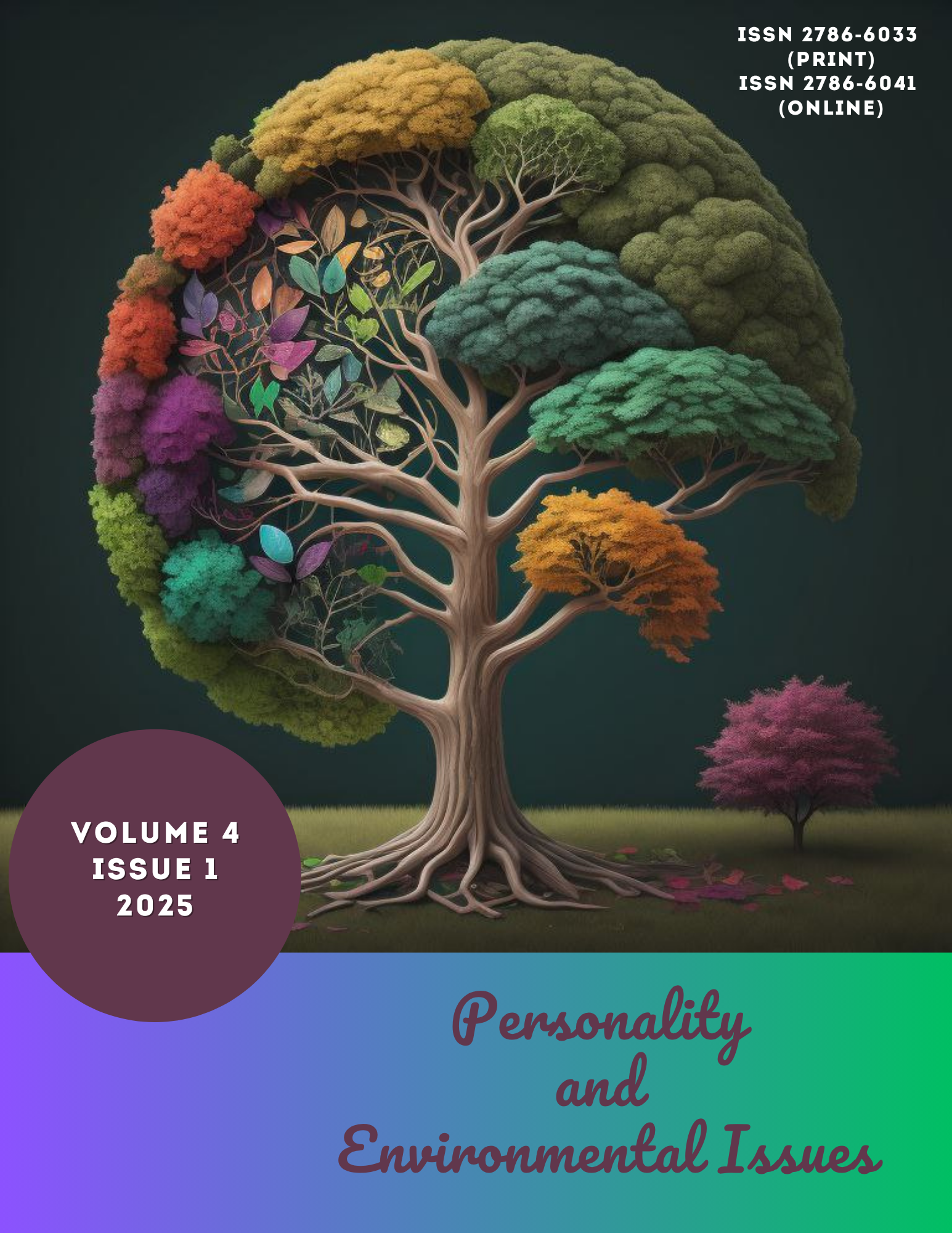Abstract
Purpose of the study. The scientific research is devoted to the problem of adolescents’ Internet addiction to gadgets. Methodology. At various stages of the study, the following methods and technologies were used: interactive conversation, questionnaires (“To determine Internet addiction”), and testing (“Assessment of the development of volitional qualities,” “Study of volitional self-regulation,” “Diagnosis of achievement motivation”).Scientific novelty. It was found that Internet addiction may foster certain types of behavior in adolescents, the main ones being: a passion for virtual communication and online acquaintances; ignoring events around them; poor adaptation to real life; presence of certain physiological signs (general fatigue, reluctance to be active, weakness, aggressiveness, etc.), and informational overload. Conclusions. The study found that most modern parents allow their children to use gadgets without time limits, justifying this by the belief that it enhances development. At the same time, parents acknowledged the dangerous substitution of real personal life with virtual reality. It has been proven that children who spend excessive time in virtual information environments interact poorly with the real world, “drop out” of it, and experience social communication difficulties. A tendency among Internet-addicted adolescents to violate social norms and rules was identified, as well as a link between Internet addiction and the propensity for lying. A negative correlation was established between the level of computer addiction and the strength of will, which is typical for all forms of addictive behavior. A reverse relationship was also noted between the stage of computer addiction and the motivation level related to social significance. A negative correlation was found between the stages of computer addiction development and self-esteem in the areas of “appearance” and “self-confidence.” Decreased motivation is noted due to satisfying self-realization and self-expression needs in the virtual world. The article describes the social immaturity and infantilism of gadget addicts and highlights emotional-volitional sphere disorders and weakened volitional attitudes, which impair decision-making abilities and lead to a loss of behavioral control.
References
Bedan, V. (2022). Psychoprophylaxis of gadget addiction in the adolescent environment. Scientific Works of the Interregional Academy of Personnel Management. Psychology, (4(53)), 5-11. https://doi.org/10.32689/maup.psych.2021.4.1
Kariev, A., Orazbayeva, F., Zhunusbekova, A., Kenzhetaeva, R. (2025). Types of Internet addiction among Kazakhstani students in the context of the digital educational space. Insight: Psychological Dimensions of Society, (13), 240-259. https://doi.org/10.32999/2663-970X/2025-13-10
Kuleshova, O., Mikheeva, L. (2022). Internet addiction among young people: analysis and ways to overcome. Dnipro Scientific Journal of Public Administration, Psychology, Law, (4), 95-100. https://doi.org/10.51547/ppp.dp.ua/2022.4.14
Levytska, L. (2022). Empirical study of psychological features of Internet addiction in adolescents. Perspectives and Innovations in Science. (Series “Pedagogy,” Series “Psychology,” Series “Medicine”), No. 3(8), 202-214. https://dspace.nadpsu.edu.ua/handle/123456789/2380
Litvinova, O. (2021). Empirical study of the impact of gadgets on the mental state of adolescents. Scientific Bulletin of Kherson State University. Psychological Sciences Series, Issue No. 4, 155–161. https://doi.org/10.32999/мksu2312-3206/2021-4-20F
Novohorodska, M. (2022). Preventive measures to avoid the development of adolescent dependence on the virtual environment. Education and Development of Gifted Personality, No. 1, 45-48. http://nbuv.gov.ua/UJRN/Otros_2022_1_9
Petryk, N., Fedoriv, O. Y. (2023). The impact of modern gadgets on the health of children and adolescents. Bulletin of Social Hygiene and Health Care Organization of Ukraine, (3), 17–22. https://doi.org/10.11603/1681-2786.2023.3.14218
Petrunko, O., Telesun, K. (2022). Internet addiction among adult users and possibilities of its prevention. Scientific Notes of KROK University, (4(68)), 91–99. https://doi.org/10.31732/2663-2209-2022-68-91-99
Fedorchenko, I. (2025). The influence of anxiety in adolescents on the formation of Internet addiction: master’s qualification thesis in specialty 053 “Psychology.” Zaporizhzhia: ZNU, 70 p. https://dspace.znu.edu.ua/xmlui/handle/12345/25694
Khovrych, M. (2021). Research and analysis of Internet addiction among students of higher education institutions. Bulletin of the National University “Chernihiv Collegium” named after T. H. Shevchenko. Series: Pedagogical Sciences., Issues 14-15, 44-49. http://nbuv.gov.ua/UJRN/vnuchkpn_2021_14-15_10
Cherneta, S., Zabolotsky, T. (2023). Some aspects of social prevention of cyber addiction in adolescents. Humanitas, 184-190. http://dx.doi.org/10.32782/humanitas/2023.2.27
Yuskiv, I. (2024). Psychological features of Internet addiction manifestation in adolescence: bachelor’s thesis, specialty 053 “Psychology.” Ternopil: Ivan Puluj National Technical University, 76 p. http://elartu.tntu.edu.ua/handle/lib/46120
Orzack, M., Orzack, D. (1999). Treatment of computer addicts with complex co-morbid psychiatric disorders. CyberPsychology & Behavior, 2(5), 465-473. https://doi.org/10.1089/cpb.1999.2.465
Yang, S., Chieh-Ju. (2007). Comparison of Internet addicts and non-addicts in Taiwanese high school. Computers in Human Behavior, 23, 79-96. http://dx.doi.org/10.1016/j.chb.2004.03.037
Zhu, S., Liu, N., Zhang, W., Sun, Y., Song, H., Tang, K., Zhang, X. (2024). The relationship between loneliness and psychological distress among Chinese college students: the mediating role of mobile phone addiction and the moderating role of core self-evaluation. Psychology, Health & Medicine, 30(1), 148–164. https://doi.org/10.1080/13548506.2024.2418438

This work is licensed under a Creative Commons Attribution 4.0 International License.
Copyright (c) 2025 Мирослава Мушкевич





